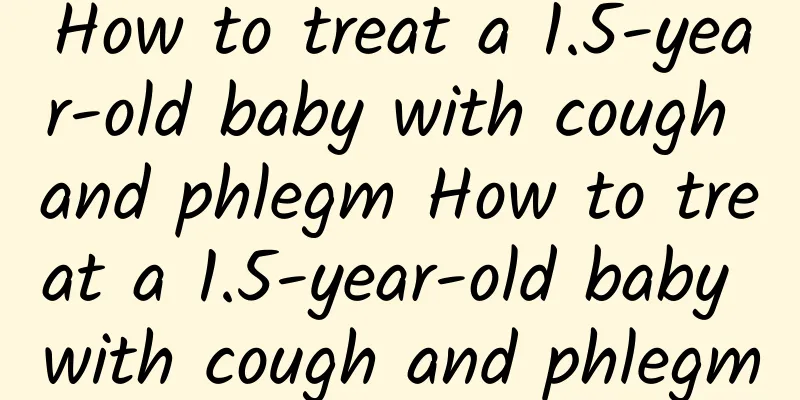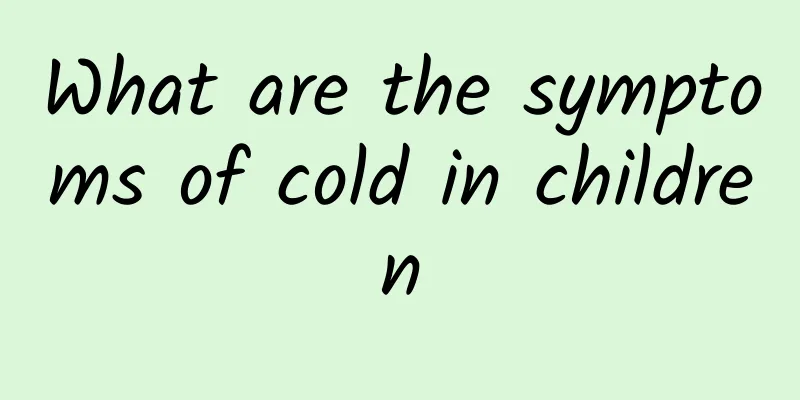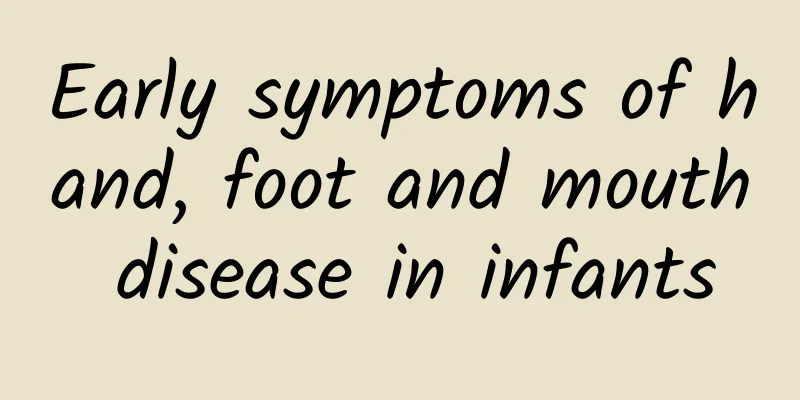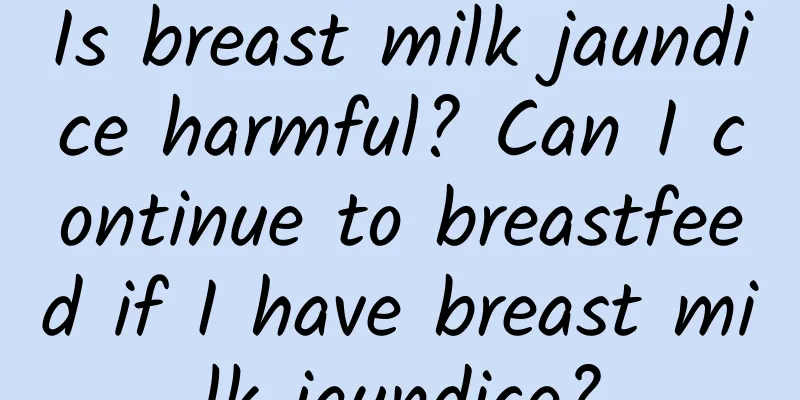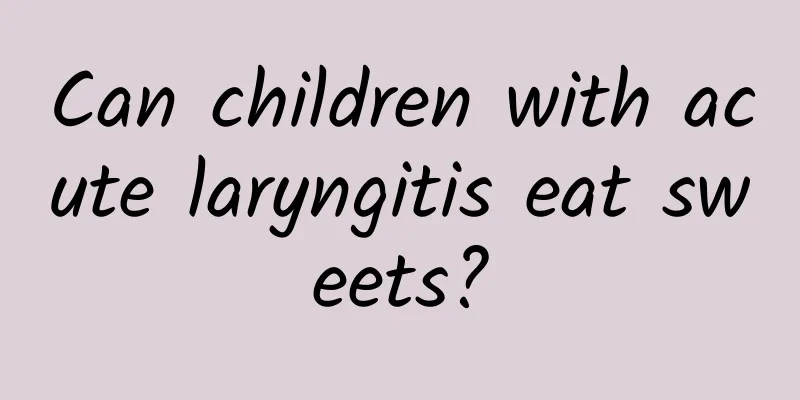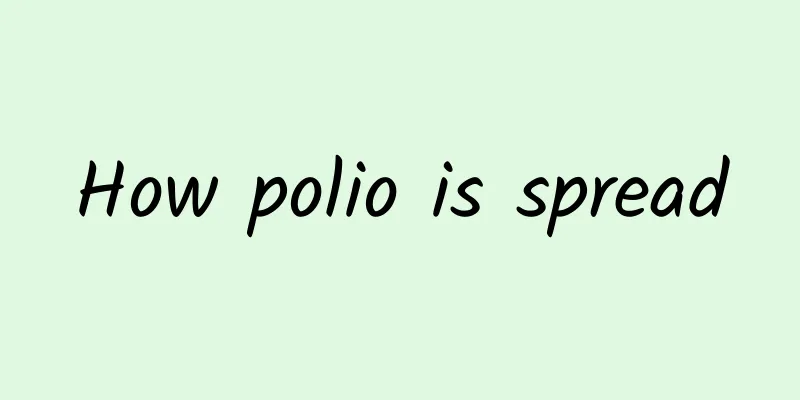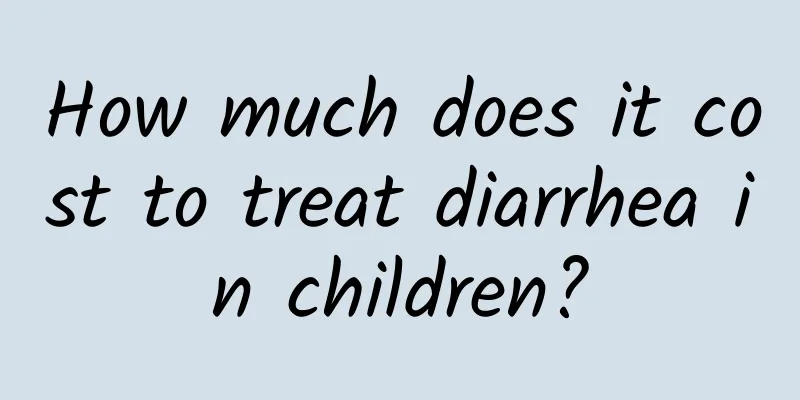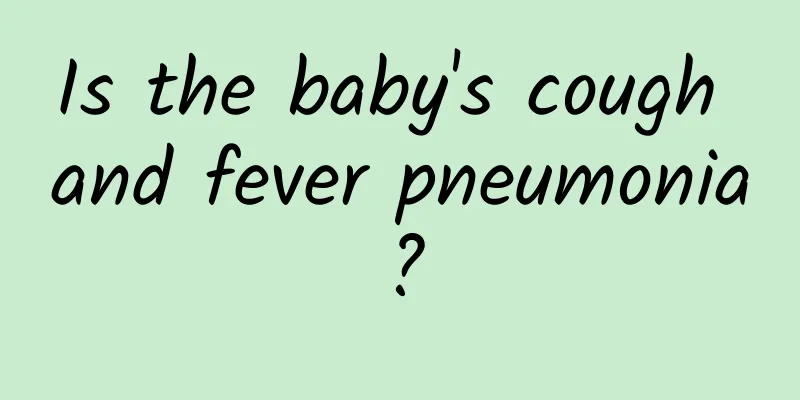How to check for cough in children? What are the methods to check for cough in children?
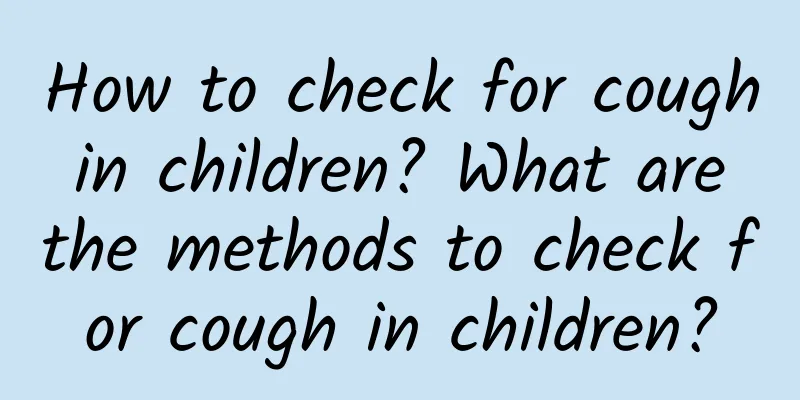
|
If you want to know the cause and severity of a child's cough, you need to go to the hospital for relevant examinations. Common examination items include peripheral blood examination, routine stool examination, etiology examination, bronchoscopy, lung X-ray examination, etc. It is generally recommended that children over 5 years old who have repeated coughs should undergo a lung function test. Children have a relatively poor disease resistance. When the temperature gradually drops, if they do not take good measures to keep warm, they are likely to develop coughing symptoms. Some parents are worried that their children will cough up pneumonia due to repeated coughing, so they want to take their children to the hospital for examination and symptomatic treatment to make the condition improve as soon as possible. So, how to check for children's cough? 1. Peripheral blood examination Because there are many reasons for children's cough, if you want to determine the cause, you can do a peripheral blood test to see if the child has leukocytosis or neutrophilia. If so, it can be diagnosed as a bacterial infection, which may be whooping cough; if the total white blood cell count and neutrophil count do not increase but decrease, it may be a viral infection; if eosinophilia is found during the examination, it may be caused by parasitic infection or allergy. 2. Routine stool examination If the child's blood test shows an increase in eosinophils and a parasitic infection is suspected, a routine stool test can be performed to see if there are worm eggs. If there are worm eggs, it can basically be confirmed that the infection is caused by parasitic infection. 3. Etiological examination When the cause of the child's cough is unsure, a pathological examination can also be performed, such as culture experiments using secretions from the ears, nose, and mouth. If whooping cough is suspected, a cough plate culture can be done. If tuberculosis infection is suspected, gastric juice can be drawn to look for Mycobacterium tuberculosis, etc., which can basically determine the cause of the cough. 4. Bronchoscopy If you suspect that a child's cough is caused by foreign body inhalation, or if the child's cough is accompanied by unexplained hemoptysis, a bronchoscopy can be performed. This can clearly determine whether there is a foreign body in the bronchi and lungs, or understand where the lesion is. 5. Lung X-ray Children can easily develop pneumonia if they cough repeatedly. If you suspect that a child has pneumonia, a lung X-ray can be done to see if the lungs are inflamed. 6. Pulmonary function test If a child over 5 years old has recurrent coughing, it is best to do a lung function test to determine whether the child's cough is related to diseases such as bronchitis, emphysema, bronchial asthma, interstitial lung disease, etc. |
>>: What are the treatments for children's cough? What should we do if children have cough?
Recommend
What are the tests for mumps?
The incidence of mumps is increasing year by year...
The main hazards of pneumonia in children
Nowadays, there are many external factors that ca...
What are the guidelines for medication for children with congenital heart disease?
When it comes to congenital heart disease, many p...
What are the symptoms of Hirschsprung's disease in adults?
Typical symptoms of Hirschsprung's disease in...
Can polio be cured?
Polio is a relatively serious disease that troubl...
How to care for patients with mumps
Spring always makes people full of hope and dream...
What to do if your two-month-old baby coughs
There are many reasons that can cause a baby to c...
Does hand, foot and mouth disease cause diarrhea? What should I do if I have diarrhea due to hand, foot and mouth disease?
Many people are familiar with hand, foot and mout...
Where can I find out the cause of high neonatal jaundice?
Neonatal jaundice is usually caused by a variety ...
Common medications for pneumonia in children
Over the years, experts have been looking for met...
What medicine is good for adults with mumps?
Will improper use of medication lead to mumps? Ev...
What is the cure rate for Kawasaki disease?
What is the cure rate of Kawasaki disease? In fac...
Can Hirschsprung's disease be cured? Treatment of Hirschsprung's disease
Hirschsprung's disease refers to a condition ...
What to do if a child has tics that are cured but relapses
If a child has tics and the symptoms are relieved...
What department should children with a lot of sputum and runny nose go to? How to check children with a lot of sputum and runny nose?
Children with excessive phlegm and runny nose can...
